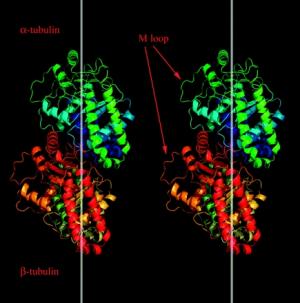 $0.50 Pantoprazole For Stomach Bleeding In ICU Patients Could Save Families Thousands Of Dollars
$0.50 Pantoprazole For Stomach Bleeding In ICU Patients Could Save Families Thousands Of DollarsThe inexpensive medication pantoprazole prevents potentially serious stomach bleeding in critically...
 Metformin Diabetes Drug Used Off-Label Also Reduces Irregular Heartbeats
Metformin Diabetes Drug Used Off-Label Also Reduces Irregular Heartbeats Adults with atrial fibrillation (AFib) who are not diabetic but are overweight and took the diabetes...
 Your Predator: Badlands Future - Optical Camouflage, Now Made By Bacteria
Your Predator: Badlands Future - Optical Camouflage, Now Made By BacteriaIn the various 'Predator' films, the alien hunter can see across various spectra while enabling...
 In Longevity Studies, Old Dogs Can Teach Us New Tricks
In Longevity Studies, Old Dogs Can Teach Us New TricksThe older you get, the more frail you become. The more frail you become, the greater the risk of...









